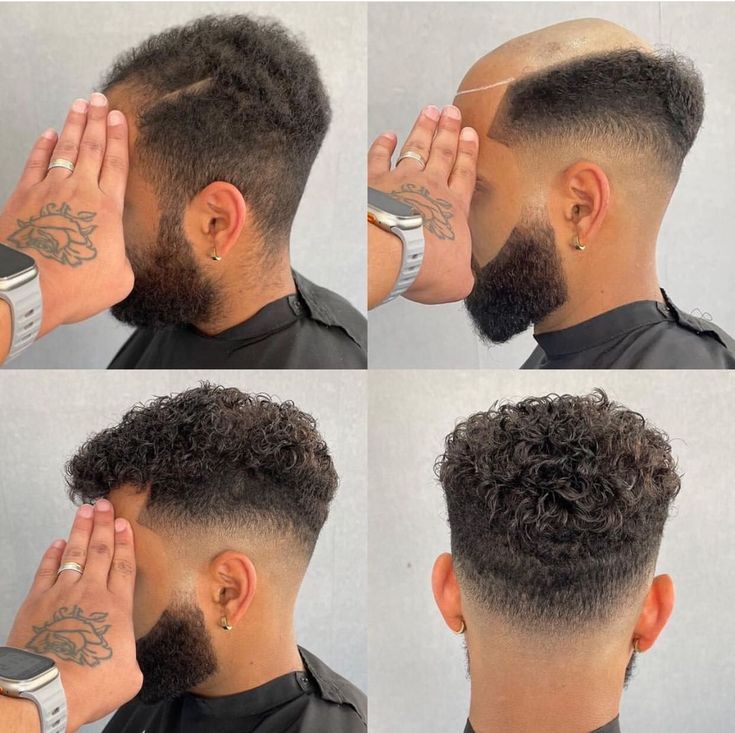- +97450262244
- info@hairreciveqatar.com

In the world of modern grooming, hair systems have become a game-changer for individuals dealing with hair loss. These advanced, non-surgical solutions offer a natural look, boost confidence, and require far less commitment than surgical procedures. However, to get the most out of your investment, proper care is essential. Whether you’re new to hair systems or have been wearing them for years, learning how to make your hair system last longer can significantly enhance your experience.
Let’s explore practical, research-backed maintenance strategies that will not only preserve the natural appearance of your hair system but also prolong its life.
Hair systems, regardless of the type (skin base, lace, monofilament), undergo daily wear and tear from styling, weather exposure, sweat, and adhesives. Without proper upkeep, these systems can degrade faster than expected, leading to:
Shedding or tangling
Fading color
Damaged base material
Shorter overall lifespan
With consistent care, however, many systems can last up to 3-6 months or even longer.
Use a wide-tooth comb or a loop brush to gently detangle your hair system. Always start from the tips and work your way up to avoid unnecessary tension on the base or knots.
Pro Tip: Never brush the hair system when it’s wet as it increases the risk of shedding.
Washing your system too often can strip away essential oils and reduce longevity. Ideally, aim for washing it once or twice a week.
Steps:
Use lukewarm water (not hot).
Apply a sulfate-free shampoo gently without rubbing or twisting.
Rinse thoroughly and apply a leave-in conditioner.
Air-dry it on a mannequin head to retain shape.
Excessive use of heat tools can damage synthetic fibers and even human hair systems.
If styling is necessary:
Use heat-protectant sprays
Keep the temperature under 180°C (356°F)
Once a week, apply a deep conditioning mask to keep the hair soft and prevent dryness, especially if it’s a human hair system.
Glue and tape build-up can compromise the bond and irritate the scalp. Clean both your scalp and the base thoroughly during each reapplication.
Use:
Alcohol-based adhesive removers
Gentle cleansers like C-22 or similar products
If budget allows, having two hair systems and alternating between them allows each one to rest and reduces wear-and-tear.
When not in use, store your hair system on a wig stand or mannequin head in a cool, dry place. Avoid keeping it in direct sunlight, as UV rays can fade the color.
Pack your system in a ventilated hair net and box. Carry along essential care items like a small brush, adhesive, and travel-size shampoo.
UV Rays: Use UV-protectant sprays or wear hats when outdoors for long periods.
Swimming: Avoid chlorinated pools or saltwater. If swimming is unavoidable, wear a swim cap.
Sleep on a satin or silk pillowcase to minimize friction.
Tie hair loosely or use a soft cap to protect strands overnight.
Using harsh, alcohol-based products
Over-washing
Ignoring professional reattachment timelines
Sleeping without protection
Applying conditioner on the roots/base
Avoiding these missteps can drastically improve how long your hair system lasts.
Caring for your hair system doesn’t have to be overwhelming. By developing a regular care routine and avoiding common pitfalls, you ensure that your hair system lasts longer, looks more natural, and continues to boost your confidence every day.
Investing time into maintenance is ultimately an investment in yourself.
Message us now